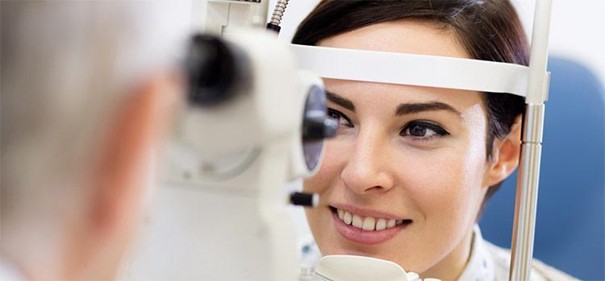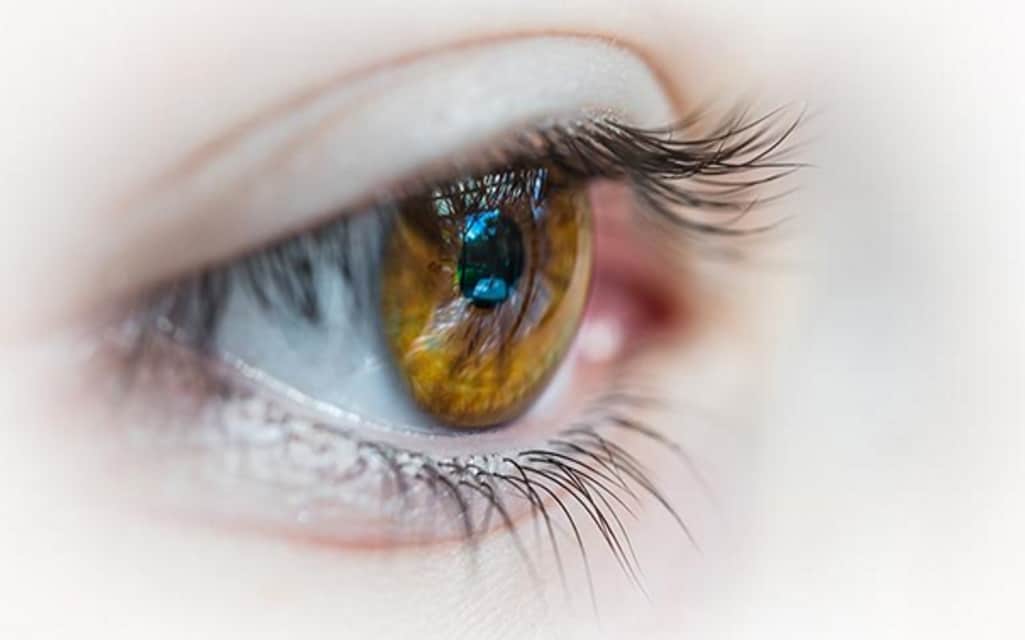Good and healthy eyesight is one of the imperatives of high quality of life, but most people have a tendency to take their vision for granted until there are first signs of trouble.
It essential you don’t wait long before you take action, but rather have your eye health at the top of your priorities. As we grow older, most of us will experience some sort of eyesight deterioration, but this doesn’t mean you can’t do anything to keep that at a minimum and protect your eyes to the best of your abilities.
Here are the top six methods you can take care of and how to protect your eyesight.
Check your family history
Your medical family history can have a great influence on your own health, so do your research and learn if there any family members suffering from diabetes or high blood pressure. Knowing this can help you prevent a potential disease from developing rapidly or recognise and treat the symptoms if they’ve already appeared. However, if neglected, these health issues can lead to serious eyesight problems, such as blindness due to diabetic retinopathy, macular degeneration and eye strokes.
Protect your eyes
Knowing that Australia has more than 200 days of sunshine per year, it’s surprising that a staggering 52% of Aussies don’t protect their eyes in the sun with sunglasses or hats.
If you’re an outdoor type, make sure you always have a good pair of sunglasses. Don’t only focus on the shape and colour of the frame, but pay more attention they have proper UV protection that blocks harmful UV sunbeams. It’s a double benefit: your stay outdoors will be more pleasant and any risks of eye problems such as cataracts and pinguecula will be minimized.

Furthermore, if you handle heavy machinery at work or you enjoy DIY projects, do not even start without protective eye gear. Any debris that gets into your eyes can cause great pain, potentially permanent damage to eyesight and even blindness.
Have regular eye check-ups
Even if your eyesight is perfect for the time being, it’s a smart decision to go for regular eye examinations once a year just to stay on top of things and possibly catch an illness in its early stages.
In case you already wear contact lenses or glasses, regular check-ups will make sure your prescription is correct. With the help of an expert, such as Macquarie Centre Optometrist, you get the best quality eye care and eyewear to suit your needs even in the case of an emergency or at late night hours, all within one hour.
Eat the right food for your eyes
High-quality food and a balanced diet have a beneficial effect for your entire body, your eyesight included. Food abundant in antioxidants can help reduce the risks of cataracts and omega-3 fatty acids in fish can help minimize the risks of developing macular degeneration. Your diet can also be complemented by supplements that contain omega-3 fatty acids and vitamins A, C and E.

Watch your hygiene
Cleanliness is a big part of your eye health so it’s crucial you keep your hands clean especially if you wear contact lenses. Before you touch your eyes and lenses, make sure you wash your hands and dry them off with a lint-free towel. Bacteria and germs that come from your hands into your eyes can potentially cause eye infections such as the pink eye.
In addition, your liquid make-up and cosmetics you use for your face can also lead to various eye infections if you continue using them after the expiration date. It’s also not recommendable you share your products with others and avoid applying store samples. Make sure you replace your make-up every 3 months and always clean your face before you apply the products.
Stop smoking
Risks that accompany smoking are widely known by everyone, but not many people are aware of the fact that smoking can also have a detrimental impact on eye health. Smokers are much more likely to develop macular degeneration, diabetic retinopathy, uveitis and cataracts than non-smokers, and they also risk developing Dry Eyes syndrome.
By making these simple tweaks to your lifestyle will not guarantee perfectly healthy eyes throughout your life, but it can lower the risks of developing eye threatening diseases that might have been prevented.



